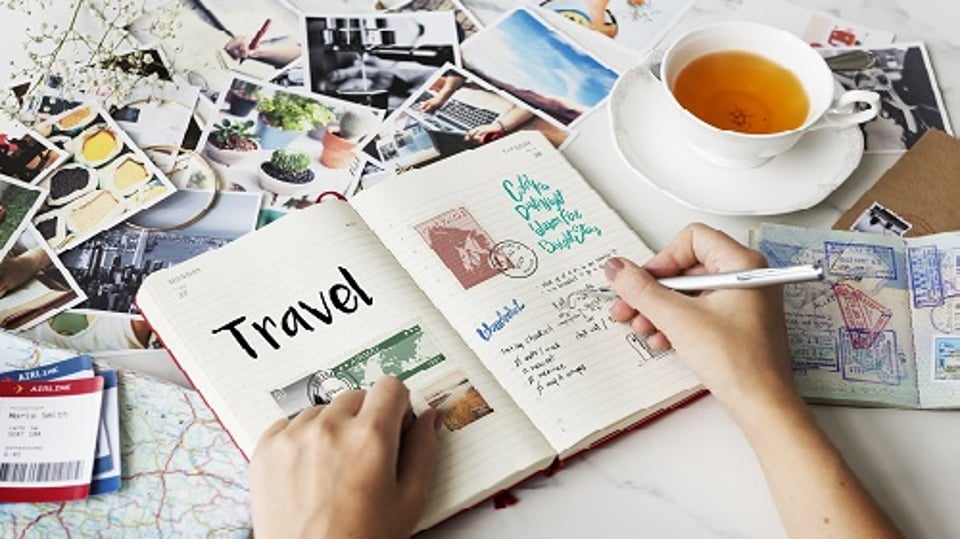Using First-Party Customer Data to Create Personalized Hospitality Customer Experiences
Hospitality companies continue to face disruptions as we pass the two-year mark of the pandemic. Travel restrictions, social distancing and evolving dining requirements have forced business leaders to adopt new, digital ways to connect with their customers.
Making human connections through digital experiences isn’t easy, especially for travel, leisure, and restaurant professionals who are used to in-person engagement. Creative leaders who have fused personalized digital experiences with in-person interactions have had the most success.
Effective personalization begins with collecting and utilizing first-party customer data. Let’s take a look at how hospitality business leaders are using first-party customer data to create personalized customer experiences.
New Privacy Standards
Hospitality customer behavior is shifting constantly due to a variety of factors. Overnight, restaurants have had to transition from serving customers in-person to delivering takeout only. Bars have shifted to private table service in some cases. And hotels have had to adjust to last-minute cancellations and new cleaning policies.
Digital customer engagement is also facing new challenges. Third-party data is being phased out by the majority of internet browsers. In addition, legislation like General Data Protection Regulation (GDPR) in the EU, California Consumer Privacy Act (CCPA), and the Colorado Privacy Act (CPA) hold organizations to strict data privacy compliance standards.
Omni-Channel & Personalization
Understanding your customers on a human level is the key to creating a compelling hospitality customer experience. At the height of the pandemic, 66% of consumers* expected companies to understand their needs and expectations.
Hospitality professionals must deliver a personalized customer journey across all mediums. This is where first-party data comes in.
First-party data is proprietary data collected from an organization’s owned channels. Websites, mobile apps, call centers, and point-of-sale (POS) systems are all typical sources for first-party data. This data provides business leaders with a real-time snapshot of customers' needs and preferences.
By gaining a real-time view of customer engagement, you can tailor digital experiences based on purchase habits and what your customers value most (e.g., menu items they prefer to order, rooms they like to book).
First-party data also lets companies create a single customer view that combines online and offline behaviors into a single profile that can be leveraged no matter where someone is in the customer journey.
Using First-Party Data to Improve CX
There’s no shortage of technology for collecting first-party data. Artificial intelligence (AI), machine learning (ML), and data analytics tools allow for customer segmentation, identity resolution, and one-to-one personalization.
58% of consumers feel positive** about receiving hyper-personalized ads, but it must be done ethically. When activating first-party data, it’s crucial to audit solutions to ensure that they align with your business goals and they responsibly collect and safely store the right data for legislative compliance.
Once you choose technology solutions, there are several ways to leverage first-party data. Here are a few digital tactics.
- Customized Offers
Use customers’ purchase patterns to serve marketing offers they’ll engage with. Simply put, if a customer consistently orders chips and guacamole, a restaurant can give them a discount coupon for chips and guacamole on their next order. In the same vein, hotels can create a customized room package offer at a customer’s most-visited vacation destination.
- Surprise and delight
Execute surprise-and-delight customer engagements across multiple touchpoints. For instance, if a customer shows a preference for extra pillows during their hotel stays, the hotel can proactively provide extra pillows for their room. A coffee shop can do the same by dropping in a loyalty member’s favorite pastry with their pick-up order.
- Convenient customer service
Encourage customers to fill out additional information on their purchases. With many trips currently being derailed by canceled flights, hotels can invite customers to enter flight information on their app or website. If the flight is canceled, the hotel can proactively email the customer with alternate dates of available rooms or affiliate marketing links for different flights. Similarly, restaurants can have customers share any food allergies on their mobile app or reservation site. With this info, employees can proactively let customers know about menu items with allergens across any restaurant location.
Thrive amid uncertainty
Thriving during uncertain times requires creative business strategies. By transforming your personalization strategies with first-party data, your company will stand out from the competition and build long-lasting customer relationships.
About the Author
Owen Frivold is a leader in the customer experience industry. With more than 13 years of experience, Frivold has led the CX strategy work of major companies including Apple, Sephora and Informatica. A founder and executive vice president of Hero Digital, Frivold has an innate understanding of the steps organizations can and should take to provide their customers with an industry-leading experience, whether they are online or in-store. At Hero Digital, he serves as an executive advisor in the Consumer Tech and Retail industries, working with many of Hero's marquee clients including Sephora, Airbnb, Apple, and Lucid Motors.
*Source: Salesforce "State of the Connected Customer," October 2020
**Source: Marketing Tech "Majority of consumers feel positively about personalised advertising," August 2021.






